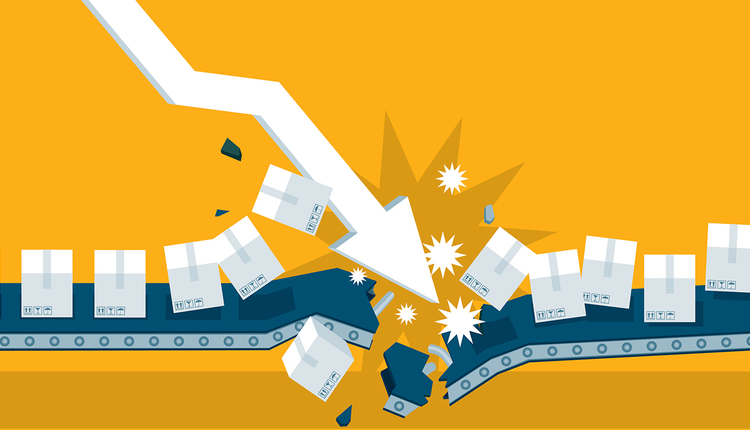Smart technology is the use of IoT devices and applications. This technology has been around for a while, but it’s seeing increased adoption and more innovative use cases in virtually every industry.
In logistics, smart technology can be used for automation, robotics, cargo tracking, and more, giving logistics companies a transparent view of the whole supply chain to identify areas for improvement.
Automation also increases the efficiency of logistics companies by assigning mundane and repeatable tasks to robotics and other devices, freeing employees to focus on the creative processes that only they can do. Automation also reduces human error, which can cause costly delays and lost revenue.
Business intelligence technology is at the forefront. This leading technology can be used to optimize the supply chain by responding to the data collected from IoT devices. These devices collect and transfer data in real time, allowing for responsive actions to improve the process without the need for human intervention.
Other examples of smart technology include cloud-enabled GPS and RFID technology. These technologies enhance the transparency and accuracy of the supply chain, showing vehicles in transit and goods residing in a warehouse. Logistics companies can identify these inefficiencies and optimize their delivery processes.
Demand-Driven Supply Chain Management
Flexibility in the supply chain is vital to adapting to the ongoing challenges and delays. Demand-driven supply chain management isn’t a novel idea, but the improved capabilities and insights of data analytics allow logistics companies to improve their agility and adapt to the constantly changing expectations.
Predictive analytics and machine learning gather huge volumes of data and process it in real time, ensuring that logistics companies have the insights for rapid action. This allows companies to better serve customers and adjust to the shifts that occur in the market.
Cyber Security
Cybersecurity is an important consideration in digital transformation. Technology solutions make processes more efficient, but that also leaves vulnerabilities that allow hackers to infiltrate networks. Logistics involves multiple parties, and if even one has weak points in security, a bad actor can gain access to information from all of them.
Manufacturers, suppliers, and other parties must be aligned and stringent with cybersecurity across every point in the supply chain to protect the entire network. Partnerships must be built on a commitment to security protocols and standards, as well as monitoring and risk evaluation and intervention.
Digital Thread
Digital thread refers to the use of digital tools for the design, evaluation, and lifecycle management, acting as a closed loop between the digital and physical worlds. Suppliers, manufacturers, and consumers can share information freely to make the supply chain as responsive as possible.
Though digital thread can be beneficial, it’s not a technology that can be implemented on its own. Workflows and involved parties need to collaborate to form an integrated value chain that enhances communication and transparency.
Supply Chain Customization
As mentioned, consumer demands and expectations are a big challenge with supply chains, especially amid other delays and disruptions. Most businesses offer the fastest possible fulfillment and shipping, sometimes for free, and consumers are becoming increasingly expectant of this as a standard.
With this, consumers are unlikely to accept longer-than-average processing times, delays, or delivery errors that make shipping take even longer. Customers have plenty of choices, and a bad experience like a shipping delay could be enough to push them to a competitor.
Centralized distribution offers a solution with real-time inventory management systems to streamline processes and reduce these errors. Customization options and supply chain transparency also address these needs with options like rapid prototyping and additive manufacturing to keep manufacturers agile in the midst of rising and changing consumer demands.
Digitization Is the Solution for the Future
Labor shortages, port congestion, increased consumer demands, and other obstacles are having a detrimental impact on the logistics industry. Supply Chain 4.0 and technology like data analytics, automation, cloud-based GPS, and robotics have the potential to revolutionize the supply chain and keep logistics companies flexible and committed to meeting the demands of customers.
David L. Buss is CEO of DB Schenker USA, a 150 year old leading global freight forwarder and 3PL provider. David Buss is responsible for all P&L aspects in the United States, which is made up of over 7,000 employees located throughout 39 forwarding locations and 55 logistics centers.








